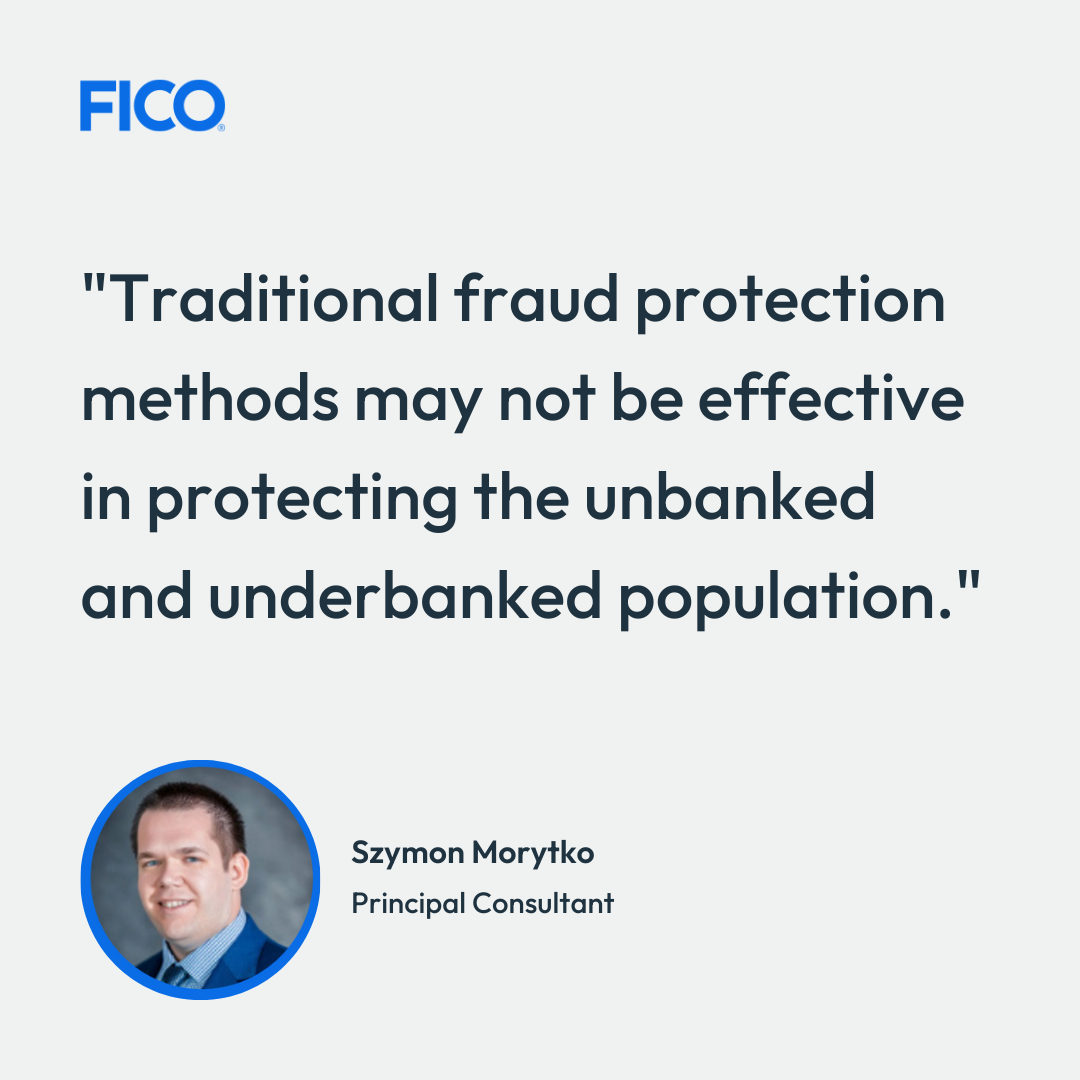[ad_1]
Learn to calculate dwelling fairness.
Residence fairness. It’s what makes dwelling possession (and all of the ups and downs that include it) value it. Having fairness in your house means all these mortgage funds are lastly beginning to repay, and also you’re constructing wealth whereas having fun with one of many largest investments you’ll most likely ever make.
You won’t suppose a lot about your property fairness on a day-to-day foundation, and that’s all tremendous and good. But when you end up ready the place you need (or want) to maneuver and buy one other dwelling, you possibly can wager you’ll shortly be asking your self, how a lot fairness do I’ve in my dwelling?
What’s dwelling fairness?
If you promote your property, you’ll should pay the unpaid portion of your mortgage to the financial institution. That’s simple to do if your property has appreciated in worth over time because you first took out the mortgage. If it has, you’ll have extra cash—or dwelling fairness—at your disposal. Residence fairness is the amount of cash you’ve paid into proudly owning your property.
If you happen to don’t have fairness, it turns into rather more troublesome to provide you with the cash wanted to repay your present mortgage, not to mention a down fee on the subsequent property you’ve acquired your eye on. Let’s take a look at two very totally different examples.
Situation #1
The Jones household decides that they want a a lot greater dwelling to reside comfortably. Their present dwelling, for which they paid $385,000, is presently valued at solely $380,000. Since their mortgage was an interest-only mortgage, they’ve paid $0 towards the principal stability since shifting into their dwelling 5 years in the past.
Jones household fairness = -$5,000 ($380,000 worth – $385,000 mortgage stability)
Assuming they promote the house at its present valuation, not solely will they owe the financial institution the remaining $5,000, they need to provide you with the down fee for his or her new dwelling from financial savings or elsewhere.
Situation #2
The Sensible household is shifting to a special city and might want to buy a brand new dwelling. Their present dwelling, for which they paid $385,000, is presently valued at $390,000. The household additionally put $20,000 down on the house and has paid off $85,000 of their principal stability—leaving them with a mortgage stability of $280,000.
Sensible household fairness = $110K ($390,000 worth – $280,000 mortgage stability)
Clearly, the Sensible household might be in a significantly better monetary state of affairs when it comes time to buy a brand new dwelling. As proven within the instance of the Jones household, with out fairness you might be caught with a depreciating asset (primarily a cash drain) mentioned Oli Watson, an actual property agent with Dwell.
“Provided that unfavourable or little dwelling fairness is normally attributable to stagnating or declining home costs, this will grow to be a vicious cycle for householders the place they can not afford to maneuver and are additionally shedding cash on their present dwelling,” he added.
How you can calculate dwelling fairness
Hoping to keep away from a state of affairs just like the Jones’ above? It helps to have an understanding of easy methods to calculate dwelling fairness for those who’re questioning, “how a lot fairness do I’ve?” Because the above examples spotlight, calculating how a lot fairness you’ve in your house is so simple as subtracting your remaining mortgage stability from the appraised worth of your property. So, as an illustration, if your property is valued at $400,000 and also you owe $100,000 on it, you’ve $300,000 fairness in your house. On this case, for those who determine to maneuver, you’ll take the primary $100K to repay your mortgage, then you’ll have $200K to place towards the acquisition worth of a brand new dwelling.
Mortgage-to-Worth Ratio
One other time period you would possibly hear when discussing fairness is your loan-to-value ratio, or LTV. In accordance with Watson, that is the ratio of the amount of cash you might be borrowing to finance a home in comparison with the general worth of a house. It’s a method for banks to assign a degree of threat to the mortgage they’ll be lending you. Most banks are snug with an LTV wherever between 50 and 90%, mentioned Watson, and this is dependent upon a number of exterior components.
To calculate LTV, you want a price for the house, mentioned Andrew Chen, founder of private finance web site Hack Your Wealth.
“Mortgage lenders usually use the appraised worth of a house to find out its worth, then apply a share like 80% to that worth to find out the allowable LTV for the mortgage mortgage. That share relies on the lender’s lending standards and requirements.
Calculating LTV
Say you need to purchase a house that’s $300,000 however you haven’t any fairness to roll into this buy and also you’ve solely saved $6,000 to place down. Meaning your LTV is 98 %—you’ll be financing 98% of your property. Most banks would contemplate {that a} fairly dangerous funding.
If, nonetheless, you’ve $130K in fairness from the house you simply offered to place down on the identical $300,000 dwelling, your LTV could be solely 56% (300,000-130,000 divided by 300,000)—a a lot safer funding within the financial institution’s eyes.
How can I enhance my dwelling’s fairness?
There are two primary methods to extend the quantity of fairness you’ve in your house: lower the quantity you owe on the house or enhance the house’s worth. Throwing extra cash at your month-to-month mortgage fee is one of the simplest ways to lower the quantity you owe. However fortunately, you’ve acquired some choices relating to rising the worth of your property with out essentially having to pay extra in the direction of your principal every month.
Appreciation in worth. Your property might naturally respect in worth, particularly if it’s in an space that’s having fun with wholesome development. This enhance turns into fairness in your house, because it’s an asset you personal. Although this appreciation is factored into your private property, you received’t use it till you go to promote your property (besides within the case of a HELOC, or dwelling fairness line of credit score).
Residence enchancment tasks. In accordance with Watson, one of the simplest ways to extend the worth of your property by means of making adjustments to it are by constructing an extension, renovating the area you have already got, or redecorating the area you have already got.
“In fact, all these choices price cash and should be carried out in the best method, so there may be an inherent threat to every. If you happen to aren’t skilled in renovations, the perfect plan of action is to repeat what individuals in comparable properties and neighborhoods have carried out to efficiently add worth to their dwelling,” he mentioned.
It’s value noting that not all dwelling enhancements are created equal. New customized Shaker type cupboards, for instance, could also be extra interesting to you, and will even be one thing you’d be prepared to pay extra for in your subsequent dwelling. However when it comes time for a bank-ordered appraisal, they’ll doubtless add little to no worth to the house—which means you’re out the price of the funding with no actual return.
The purpose is, for those who intend to make use of renovations to extend fairness, seek the advice of with knowledgeable to find out the place your cash’s greatest spent.
Utilizing your property fairness: What’s a HELOC?
Normally, you’ll use the fairness you’ve constructed in your house if you purchase a brand new one. Nevertheless, there’s a approach to faucet into it earlier, and that’s by means of taking out a house fairness line of credit score. “A HELOC is cash taken out in opposition to the worth of your property (like a second mortgage) however it may be used for different issues than simply to pay to your dwelling,” Watson mentioned.
Is a HELOC a good suggestion? It may be in some instances, mentioned Watson.
“Taking out a HELOC is simply a good suggestion for those who could be assured that your own home worth can rise to cowl the cash you’re taking out and extra. They’re significantly appropriate for those who personal property in an space that has abruptly gained affluence. It is because your own home worth will rise, however so will your bills. A HELOC can assist you cowl these bills within the brief time period, whereas your property covers you in the long run.”
However for those who’re simply in search of simple cash to make use of in frivolous methods as a substitute of investing both in your house or in different considerable property, keep away from taking out a HELOC.
“You’re promoting a part of your property to take out the HELOC, and its rate of interest might be increased than your typical mortgage, so reckless spending could cause you to lose your property if you’re unable to repay both the HELOC or your mortgage,” Chen warned.
Constructing your monetary future
As a home-owner, it’s nice to know the reply to the query, “how a lot fairness do I’ve?” Whether or not you utilize it to make a clever funding within the short-term or reserve it to make it attainable so that you can purchase a costlier dwelling sooner or later, dwelling fairness is a big a part of your wealth image. As with all funding, it pays to let it develop over time. The longer you’re capable of keep in your house, the extra your property fairness ought to develop.
Disclaimer: The above is solely meant for informational functions and by no means constitutes authorized recommendation or particular suggestions.
[ad_2]
Source link










